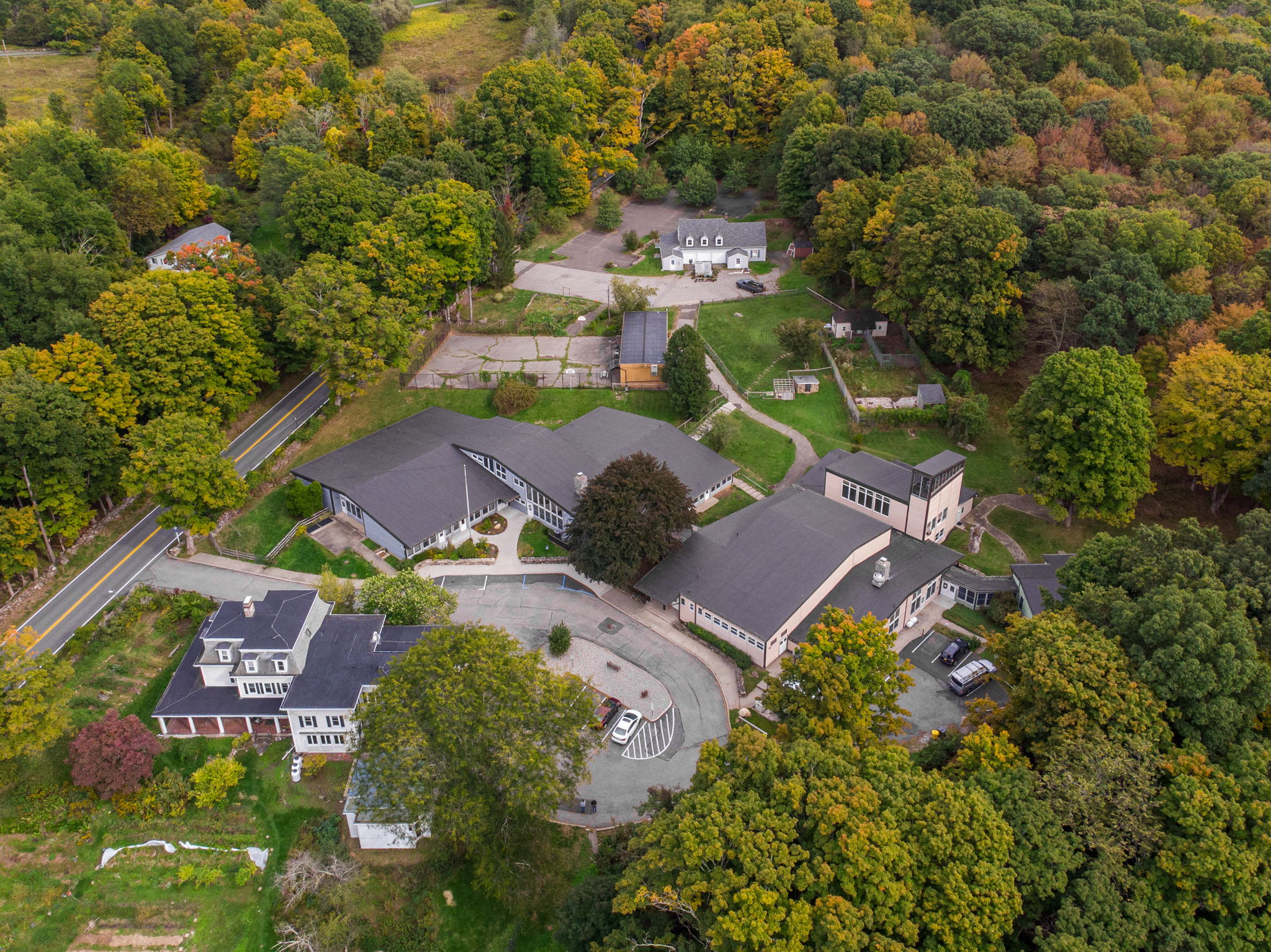Copland House Expands With New 24-Acre Property
American composer Aaron Copland wrote “Fanfare for the Common Man” in 1942 when the U.S. entered World War II, its title inspired by a speech given by Vice President Henry A. Wallace. The vice president had predicted that the world would see a dawning of the “Century of the Common Man” after the war.
Copland himself was, by all accounts, simple, unpretentious and modest, if not common. This modesty extended to his residence, Rock Hill, a 2,300-square-foot home and now-National Historic Landmark not far from the Hudson River in Cortland Manor, NY. For the past 25 years, it has served as the headquarters for Copland House, an organization “dedicated to nurturing and renewing America’s musical heritage, and to fostering greater public awareness and appreciation of our nation’s composers and their work.” Current programming includes composer residencies; live, broadcast and recorded performances; and educational and community outreach programs.
“For someone as unassuming and humble as Aaron Copland was, to do the kind of seminal work that he did is a good object lesson,” says Michael Boriskin, Copland House’s artistic and executive director.
Rock Hill was never intended to house a nationally active artists organization, and by the middle of next year, it will no longer have to. In March, Copland House announced that it had purchased Bluestone Farm, a $3 million, 24-acre complex in Brewster, NY at the nexus of Westchester, Putnam and Fairfield Counties. The acquisition will allow Copland House to vastly expand its programming with collaborative residencies for entire creative teams; expand creative workshops and mentoring programs for gifted emerging composers; broaden its mainstage concert series; offer educational projects and lifelong-learning activities featuring Copland House’s resident and teaching artists; and build multiple opportunities for diverse populations to directly interact with living creators and experience new works as they are being developed.
Boriskin, a noted pianist, recording artist, producer, and one of Musical America’s “Top 30 Professionals of 2023,” says Copland House concerts have always attracted people from a dozen counties in the surrounding area, including New York City. The acquisition of Bluestone Farm, he said, “is transformational for the entire region and beyond. It’s really a game-changer culturally, economically and educationally.”
The property formerly served as the home of an Episcopal grade school called Melrose School. It includes a large, three-wing school building, three residential houses, a chapel, small farm outbuildings, and a large outdoor soccer field, all tucked into a wooded area. The current structures will be adapted to create a state-of-the-art venue, artist studios for theater, dance, opera, the visual arts, and other disciplines, living quarters for resident artists, space for outdoor public performances, a permanent exhibition about Aaron Copland and the evolution of American music, and administrative offices.
More than a decade ago, and under recently, a partnership with Westchester County allowed Copland House to use Merestead, an historic home in Mount Kisco, NY, to present concerts and other programs. But the relationship was limited due to the need for extensive property renovations. “It reaffirmed our need for a much larger footprint,” says Boriskin.
Bluestone Farm came to the attention of Copland House last fall, when they were approached by several individuals who knew they were actively looking to expand. “It provides us with the serenity and seclusion for an artistic retreat, as well as ready public access to our programs,” explains Boriskin, noting that the property is minutes from two interstates and a nearby train station. He expects programming to begin in mid-2025. He adds: “Bluestone Farm offered everything we were looking for.”
About Michelle Falkenstein
Michelle Falkenstein writes about culture, food and travel. Publications include The New York Times, Journal News, Albany Times Union, ARTnews Magazine and (201) Magazine





